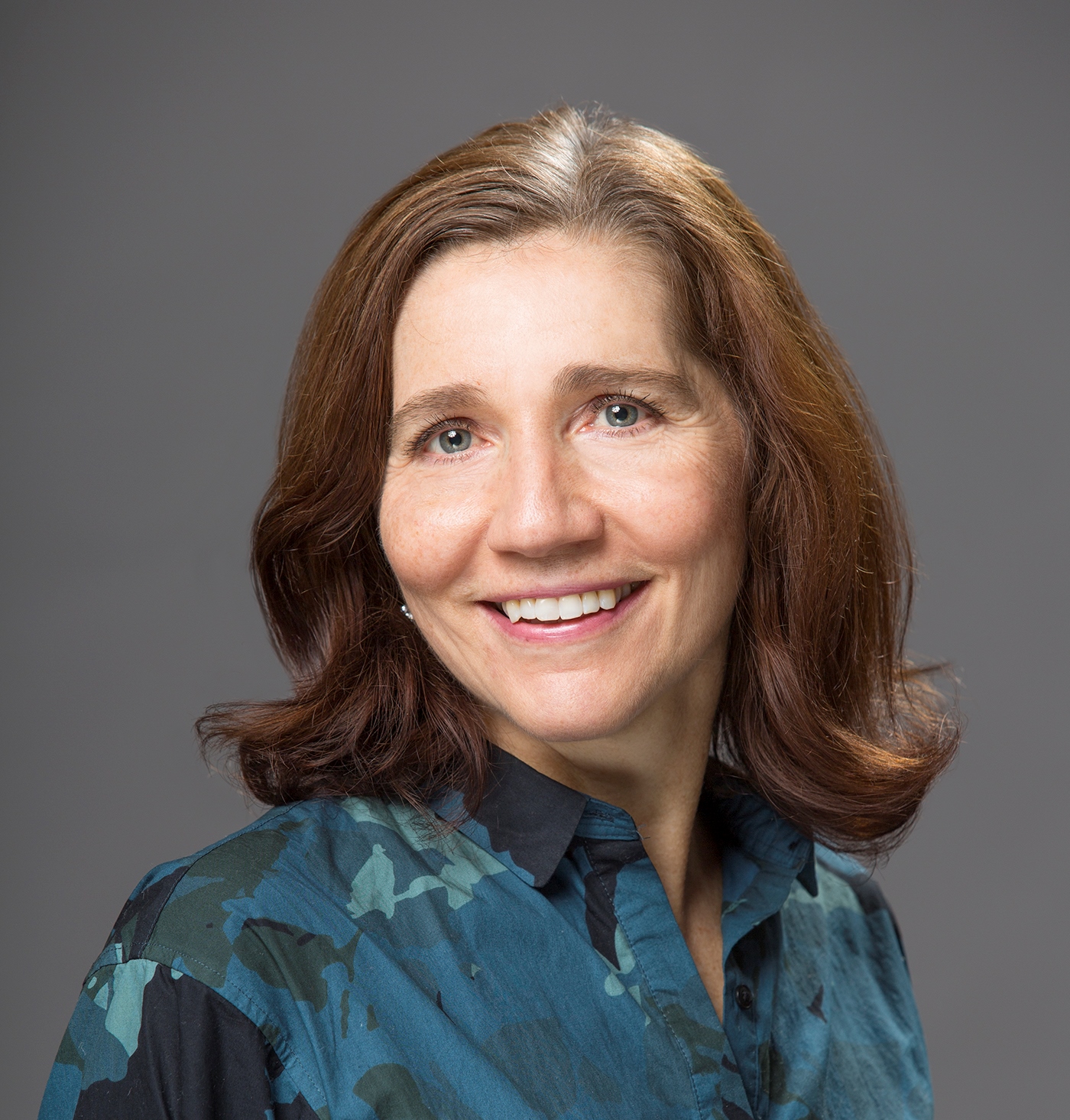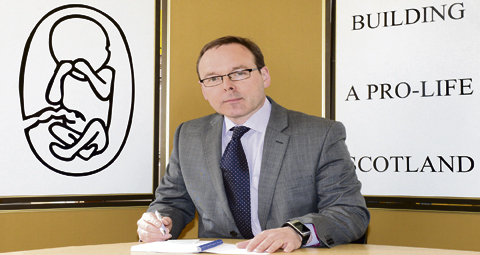 |
| Fr John Fleming and Alison, his wife |
The Catholic Medical Quarterly has carried an important
article by Theo Boer, a professor of health care ethics at Kampden Theological University. I am grateful to
Fr John Fleming PhD, SPUC's bioethics consultant and member of the Pontifical Academy for Life, for the following analysis and review:
In a remarkable
volte face, Theo Boer, a former supporter of legalised euthanasia in the Netherlands, has changed his mind about legalised euthanasia.
For years I supported the Dutch law on assisted dying. But as we speak, I have more concerns now than ever before. I am worried that the liberty of some may lead to a loss of freedom of others.(1)
Theo Boer is the Lindeboom Professor of Health Care Ethics at Kampden Theological University.
(2) In 2005 he was appointed to one of the five “regional review committees” established by the Dutch government to assess, after the event, whether reported cases of euthanasia were in accordance with the law. If cases meet all legal criteria the “dossier will be closed”. If not the matter is referred to the public prosecutor and the Health inspector general and prosecution may follow.
Why, then, did this prestigious scholar and public servant change his mind about legalised euthanasia or legalised “assisted dying” as they call it in the Netherlands? Professor Boer provides four major concerns that he has about the law as it is practised daily in the Netherlands.
1. The “slippery slope”
Professor Boer originally believed that there did not have to be a slippery slope where euthanasia is concerned. That, at any rate, was the view he still held in 2007. After all euthanasia had been practised under the present law for five years and the level of assisted dying had remained the same. Moreover, he said, there had been significant improvement in the quality of palliative care in that time.
However, the situation has changed dramatically over the last eight years. Since 2007 the number of assisted deaths has increased 15% annually. In 2003 there were under 2,000 cases of euthanasia. By 2014 “the figures were well above the 5,000 line”.(3)
Professor Boer has drawn the conclusion that “what was once considered a last resort, now becomes a default mode of dying for an increasing number of people”. (4) In fact unbearable suffering is now seen less in terms of physical terms but more in terms of ‘meaningless waiting’.
2. Change in categories of patient receiving euthanasia
Over the years in which he has reviewed cases the types of patient receiving euthanasia have changed markedly. In the early years of the law there were, Boer says, “hardly any patients with psychiatric illness or dementia”. However, in the last 500 cases he reviewed 50 had loneliness as a criterion, and others had more age related complaints. Many of these patients, he said, could have lived “for months, others for years or even decades”.(5)
Professor Boer also drew attention to the new situation of “euthanasia for two”. He gives an example where the caregiver now gets cancer and the one he has been caring for chooses to die on the same day. Other new developments included “euthanasia for blindness”, “euthanasia for autism”, and even “assisted dying for a mother of two suffering from tinnitus”.(6)
Boer concludes that assisted dying for one group of patients leads to demands for similar treatment from other groups.
3. Have euthanasia will travel
2012 saw the introduction of a nationwide network of travelling euthanasia teams known as end of Life Clinics. These doctors only do the administration of lethal drugs. There is no patient-doctor relationship. Either the patient gets euthanasia or he is sent home empty handed.
4. Shift in public opinion
The existence and implementation of the euthanasia law has modified public opinion. Increasingly people demand euthanasia as a ‘right’. In fact, Boer says, there is “a law that is now in the making [which] obliges doctors who refuse to actively refer their patients to a ‘willing’ colleague.”(7) Boer refers to a survey of doctors carried out by the Royal Dutch Medical Association which shows that doctors find euthanasia a heavy burden. Fuelled by the advocacy of thirty documentary films on this subject, the public increasingly sees only the positive aspects of euthanasia. Add to that the “unknown, but considerable number of patients” who “consider their suffering too big of a burden for their relatives and ask to die of concern for their wellbeing”.(8) In that sense he is referring to patients feeling they now have a “duty to die”.
From these four concerns Professor Boer draws this conclusion:
Dutch and Belgian laws on assisted dying, instead of being a respectful compromise, much rather function as stepping stones towards more radical changes in the way we organise our deaths.(9)
While the offer of assisted dying may be a relief to some, he says, it is purchased at the expense of signalling others that they should ask for euthanasia out of concern for their loved ones, not themselves. In short it conveys the message that death is a good remedy for suffering, and not just physical suffering, and not just the patient’s suffering.
A society’s signal that it is willing to organize the death for its citizens simply involves too many risks.
(10)
Perhaps the only weakness in this important paper is the ethical reasoning proposed by Professor Boer which might justify euthanasia. His argument relies upon an analogy which involves a rather forced and unlikely scenario. A truck has crashed into a wall. The driver, still alive, may soon be engulfed in flames. He notices a bystander carrying a gun and begs the bystander to shoot him before the flames get to him.
This, of course, is the old
force majeure argument, the invocation of which at law in the Dutch courts first permitted euthanasia. That is, there is nothing else to be done but put the man out of his misery. In the cases of Postma (1973) and Schoonheid (1984), judges exempted the doctors concerned from punishment on the basis that the euthanasia they carried out had to be done because there was nothing else that could be done to prevent unbearable suffering in the patient. In the case of the truck driver, Boer suggests that the bystander might be excused from punishment if he shot the driver to prevent him being burnt to death. This would mean that killing the innocent may be morally justified in such circumstances. Boer seems to acknowledge the difficulty in which this would place the armed bystander, but nowhere does he really say that such intentional killing violates the inviolable and inalienable right to life of the truck driver even if the driver should beg to be killed.
To get over this, Boer then develops the analogy further. It seems the bystander now has two guns, one to shoot to kill, the other which shoots anaesthetics. Should he use the anaesthetic in the hope that help will arrive just in time to save the driver? People prefer not to be killers, so the second option is the more inviting.
But as an analogy it fails at every point. The patient (the suffering one) is not about to be enveloped by pain. Good palliative care is available. And in the case of a dying patient no cure is in fact going to be available before inevitable death takes hold.
The real issues with euthanasia in Western societies are these: the act of killing an innocent person even with the patient’s consent is never morally licit, good palliative care is available and can be used to make a patient reasonably comfortable as the patient faces death, and that allowing exceptions to the rule prohibiting the killing of the innocent will inevitably give rise to precisely the problems that the Dutch now face where legalised euthanasia is concerned. And legalising euthanasia in the Netherlands, itself preceded by a raft of court judgments based on faulty ethical reasoning, and on the basis of the same faulty ethical reasoning, has produced far more problems than it has solved. And not least among these has been the guilty consciences (what the Royal Dutch Society euphemistically calls a “heavy burden”
(11)) of euthanizing doctors who now face the possibility of even heavier burdens as people not only demand a right to their killing services for a wider variety of cases, but also demand that if a doctor doesn’t want to perform euthanasia he will be legally required to refer to a doctor who will, thus forcing all doctors to be morally complicit in these killings.
(1) Theo Boer, “Dutch Experiences on Regulating Assisted Dying”, Catholic Medical Quarterly, 65(4), November 2015, 25
(2) “The Theological University in Kampen is the theological seminary of the Reformed Churches in the Netherlands (liberated). It functions as an academic, theological institution that operates from a Reformed faith perspective and in service to the Gospel of Jesus Christ.” Vid.
http://en.tukampen.nl/portal-informatiepagina/welcome
(3) Theo Boer, “Dutch Experiences on Regulating Assisted Dying”, Catholic Medical Quarterly, 65(4), November 2015, 25
(4) Ibid
(5) Ibid
(6) Ibid
(7) Ibid
(8) Ibid
(9) Ibid 26
(10) Ibid
(11) Ibid 25
Comments on this blog? Email them to
johnsmeaton@spuc.org.uk
Follow SPUC on Twitter
Like SPUC's Facebook Page



















